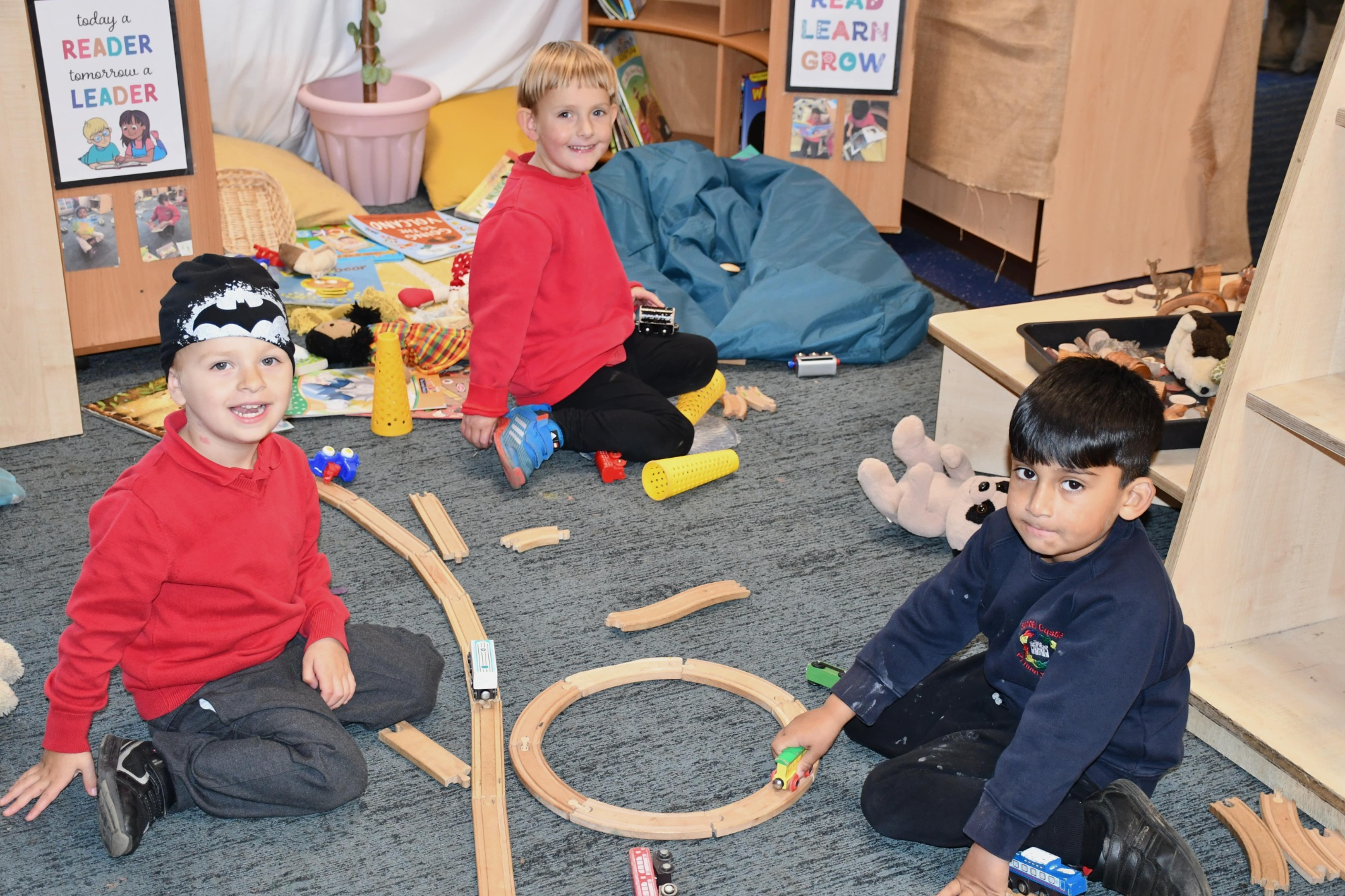Homework
Our Homework Policy seeks to promote learning beyond the school day as an essential part of a good education. The term ‘homework’ can encompass many things, and can range from parents and carers reading stories to learning number facts, and family visits to research projects by surfing the internet.
Properly targeted homework is recognised as an essential part of an effective education, allowing a child to:
a) Spend more time on an activity
b) Learn to work independently and develop organisational skills
It also provides a visible and positive example of partnership between home and school.
In consolidating the learning of basic skills and allowing a child to explore these skills away from school, homework can also play a very positive role in raising achievement.
- Homework should be neither overdone nor underdone.
- Parents and School need to work together to get the balance right.
- The level and quantity of homework set progresses as the children move through the school.
In order to show the true value of homework, we encourage our families to purchase a book bag. This will allow the children to carefully transport their work from School to home. Good attitude to homework will be recognised with the awarding of stickers and house points.
Recommendations for Time:
Homework should never be too onerous nor should it ever create stress within the pupil’s family. If parents have any concerns they should not hesitate to contact the school. Normally, more than one day will be allowed for the completion of a homework task, except where daily practice is to be encouraged e.g. reading, spelling and times tables. We link our homework to our school rules: ‘Be ready’ and ‘Be responsible’. If a child does not do their homework on three consecutive weeks, they will be taken off the golden star.
The following are government recommendations as appropriate time allocations for homework activities:
Years 1 and 2 - 1 hour per week
Years 3 and 4 - 1.5 hours per week
Years 5 and 6 - 30 minutes per day




